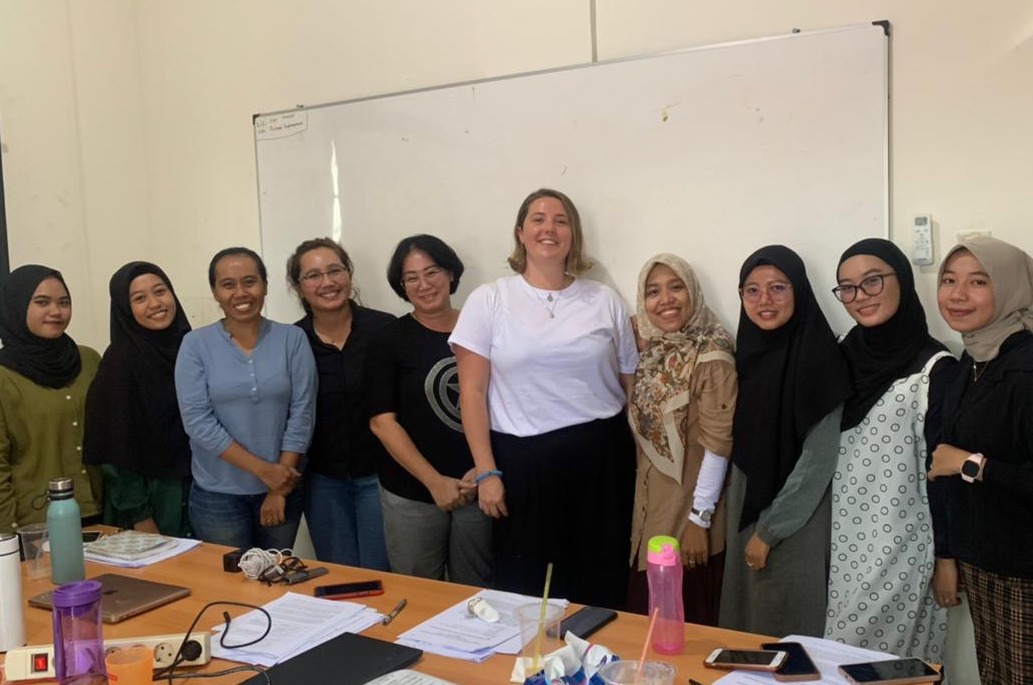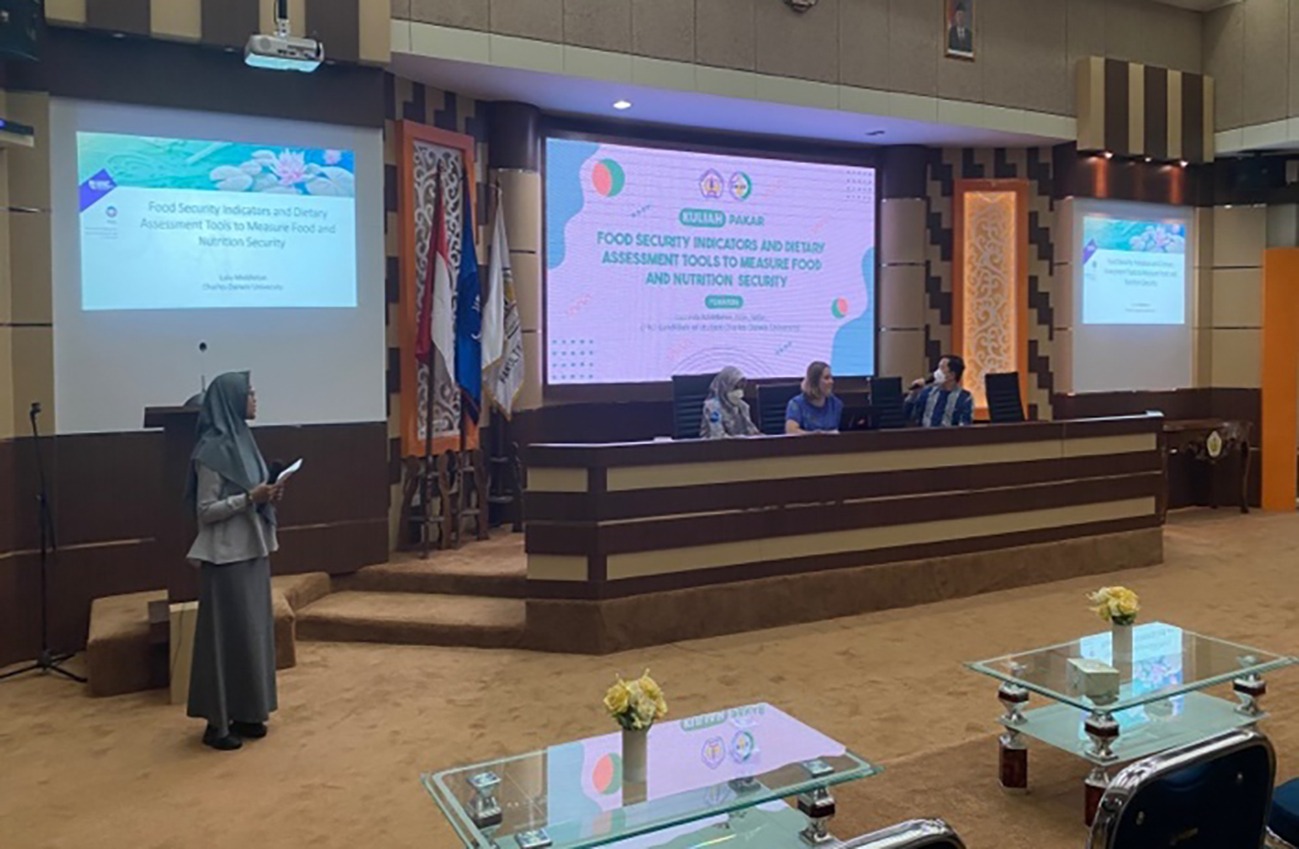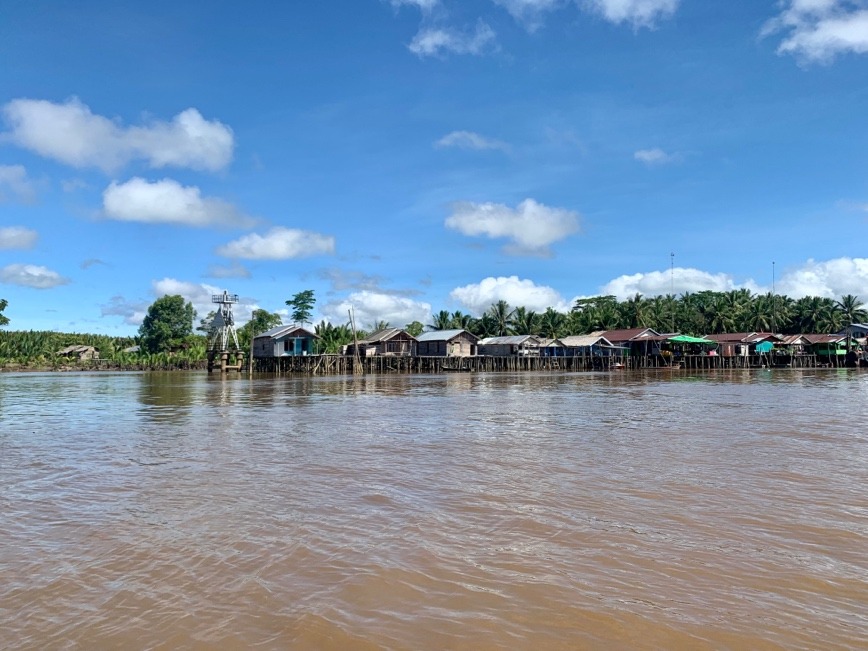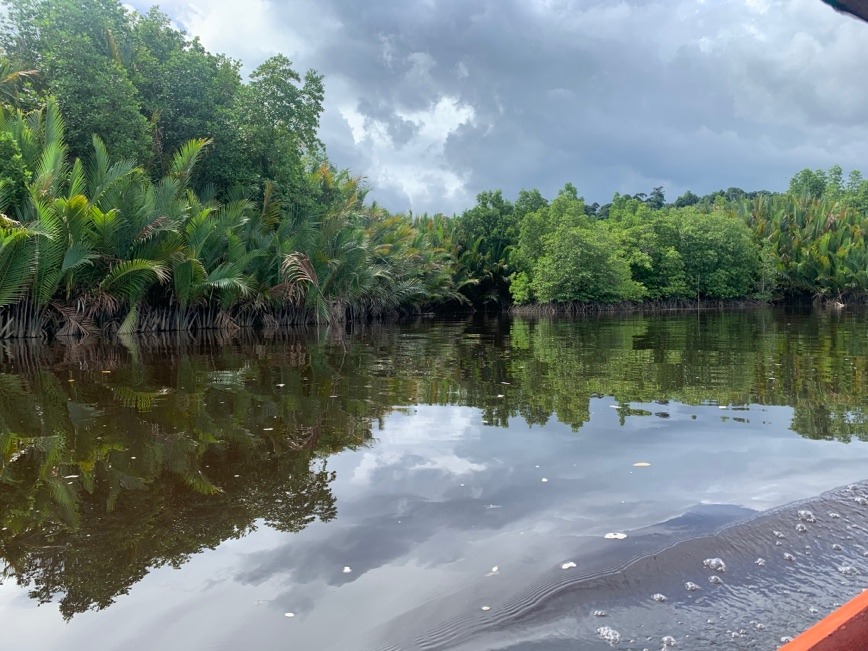

Nutrition-sensitive aquatic food systems: Can mangroves support gendered food and nutrition security?
October 7, 2022

One way the Crawford Fund supports and encourages the next generation of Australians in study, careers and volunteering in international agricultural research is through our highly sought after Student Awards, funded by our State and Territory Committees and made possible by organisations including ACIAR, international centres, Australian and overseas universities and NGOs.
In 2022, we announced 14 tertiary students had won awards to gain international agricultural research experience and expertise. While COVID-19 has caused delays in undertaking some awardees’ work, other students have managed ‘wraparound’ strategies to ensure the work is carried out without the planned travel.
With the resumption of global travel, The Crawford Fund is excited to see many of the young NextGen Student Awardees travelling overseas to undertake projects. Lucinda Middleton, a PhD student at the Charles Darwin University Research Institute for the Environment and Livelihoods (RIEL) recently completed her student award research in Indonesia and shares her experience below.
“My PhD research project examines the various pathways through which mangrove systems contribute to food and nutrition security, from a gendered perspective among households in Batu Ampar and Medan Mas villages, Kubu Raya district, West Kalimantan, Indonesia,” said Lucinda.
“The findings will provide insight into the availability of mangrove foods, mangrove livelihood pathways to gendered indirect food and nutrition security and dietary diversity and data on the contribution of mangrove foods to household micro and micronutrient consumption.”
According to Lucinda’s report, Indonesia is home to the greatest density and diversity of mangrove forests, with 40 indigenous species spanning 30,000 square kilometres, accounting for 21% of the globe’s mangroves. Coastal communities across Indonesia’s islands are highly dependent on marine resources found in mangrove and associated coral reefs and seagrass meadow ecosystems, for food security and public health, with aquatic foods (AQF) remaining a mainstay of local diets in some communities.

Much of the recent research concerning Indonesian mangrove systems has focussed on conservation, management and reforestation. However, there is very little knowledge on the nutrition aspects of foods found in mangrove systems, including how they contribute to household food and nutrition security and micro and macronutrient consumption and whether mangrove-based livelihoods boost dietary diversity through income generation.
Lucinda travelled to Indonesia for a series of workshops on field methods, to visit field sites and plan activities with project partners from the Indonesian NGO Blue Forests (Yayasan Hutan Biru) and the field team in August 2022. During this period, Lucinda also delivered a guest lecture at Tanjungpura University on nutrition interventions and methods to measure food and nutrition security and nutrient intake.
This project is being implemented in collaboration with the NGO Blue Forests (as part of a CDU research partnership) and Puji Astuti from the faculty of Medicine at Tanjungpura University. The main data collection methods to be utilised are focus group discussions, participatory systems mapping, household surveys and food dairies, which will be conducted twice to capture seasonal variability in consumption. The partners have identified the need for nutritional research to support their ongoing projects on mangrove nutritional security and public health in Batu Ampar and Medan Mas villages, West Kalimantan.

Lucinda travelled to Pontianak, West Kalimantan to conduct food and nutrition security field method workshops with co-researcher Puji Astuti, five enumerators from Pontianak, and staff from Blue Ventures and Blue Forests.
Following the workshops, the team travelled to Batu Ampar village, the field site for the PhD project, to scope three potential sub-villages, obtain government support, identify potential participants for participant recruitment and observe livelihood activities. Batu Ampar is only reachable by boat and the village is spread across two islands.
“During the three days of our visit, we met with members of a women’s cooperative group who run a small business producing tea from mangrove leaves and a group that glean clams. We also meet with local leaders, including the kepala desa (head of the village), the head of the forestry and fisheries co-operative for the village and kepala dusun (heads of the sub-villages) and male fishers to introduce the scope of the project. Whilst in Batu Ampar we noticed that ultra-processed food was readily available through local shops and kiosks and widely consumed and that a major livelihood activity aside from gleaning and fishing was charcoal production using mangrove species,” said Lucinda.

“These broad observations enabled the team to refine the methods and tools to measure food and nutrition security in the area to be implemented as part of the data collection commencing in October.
“During the visit the relatively new research link between CDU/RIEL and Tanjungpura University was broadened alongside our partnership with Blue Forests. This partnership with Tanjungpura University will be formalised through a Letter of Agreement,” said Lucinda.
“I would like to acknowledge my co-researcher Puji Astuti, the team of enumerators which includes Firdha Kusuma Wulandari, Galuh Maharani, Susilawati, Wina Widyanti and Wulandari Pertiwi. I would also like to acknowledge the teams at Blue Forests and Blue Ventures including Sisca Nasastra Gafri, Elni Kohar, Ferina Tuhumena, Noviansyah Putra and Purwa Indra Santoso for their assistance and support during my trip and the development of this project. Thanks to Rieski Kurnisari, Kristen Deveraux, Ben Brown, and my panel for assisting with travel plans and partnership development and to the Crawford Fund for providing the funds to support travel for this trip,” concluded Lucinda.




